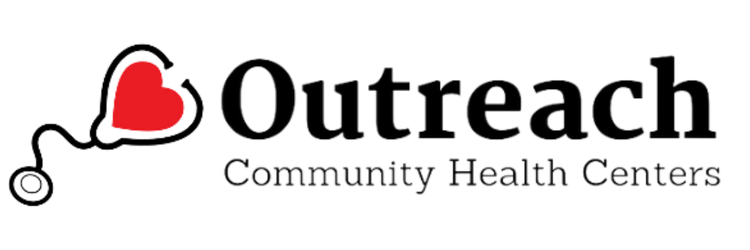Breaking the Stigma: Seeking Help for PTSD
June is PTSD Awareness Month, a time to raise awareness about Post Traumatic Stress Disorder (PTSD) and the importance of seeking help for those affected. PTSD is a mental health condition that can develop after experiencing or witnessing a traumatic event. Traumatic events that may trigger PTSD include military combat, sexual assault, natural disasters, accidents, or other violent or life-threatening events.
PTSD can cause a variety of symptoms that can impact an individual's quality of life. Symptoms may include intrusive thoughts or memories of the event, avoidance of triggers, hypervigilance, and hyperarousal or heightened anxiety. Family members or loved ones may notice additional symptoms of PTSD, including changes in behavior or mood, feelings of anxiety or depression, and avoidance of certain situations or people. It's important to understand that PTSD can affect anyone, regardless of age, gender, or background.
PTSD Triggers
PTSD can be triggered by a variety of events, including military combat, sexual assault, natural disasters, or accidents. Trauma can be a deeply personal and subjective experience, and what triggers PTSD symptoms may vary from person to person. Identifying potential triggers and understanding how they impact your symptoms can be an important step in managing PTSD.
How OCHC Can Help
At Outreach Community Health Centers (OCHC), we understand the impact that PTSD can have on individuals and their loved ones. Our behavioral health services include comprehensive support for individuals who have experienced trauma and are struggling with PTSD.
Therapy
Therapy can help individuals process traumatic experiences and develop coping strategies for managing symptoms. Our team of behavioral health providers is trained in evidence-based therapies, including Cognitive Behavioral Therapy (CBT) and Eye Movement Desensitization and Reprocessing (EMDR).
Medication Management
In some cases, medication may be used to manage symptoms of PTSD. Our behavioral health providers can work with you to determine the best course of treatment for your individual needs.
Support for Family Members and Loved Ones
PTSD can impact not only the individual experiencing symptoms but also their loved ones. Our team of behavioral health providers can offer support and guidance for family members and loved ones affected by PTSD.
Taking the First Step
At OCHC, we understand that seeking help for mental health concerns can be difficult. However, we want to remind you that seeking help is a sign of strength, and our team of healthcare providers is here to support you through every step of the process.
If you or a loved one is in need of behavioral health services, we encourage you to contact OCHC to schedule an appointment. Our team of healthcare providers is here to support you and your family through all of life's stages, and we are committed to providing high-quality, affordable healthcare services that are tailored to the unique needs of our patients.

